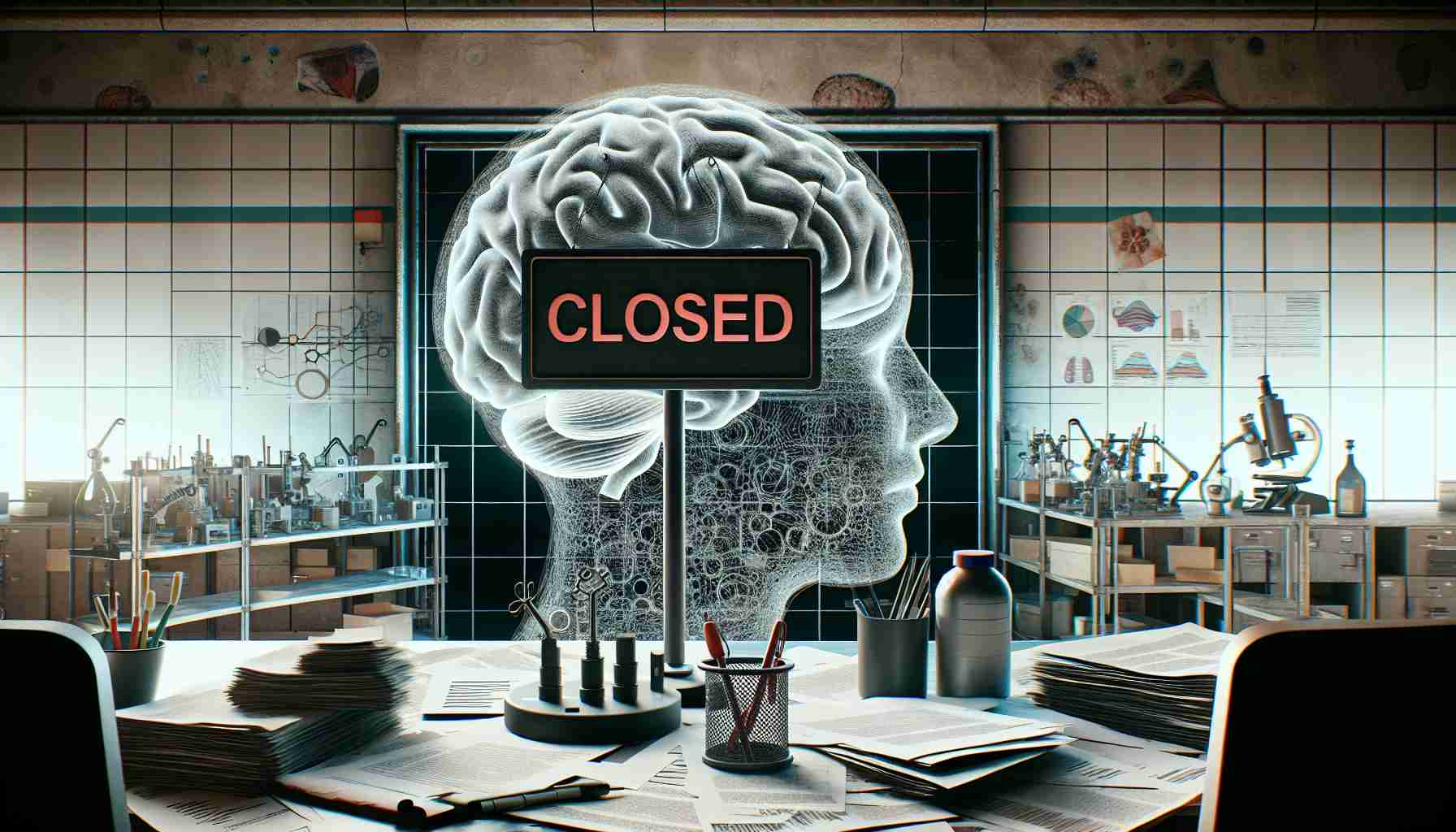Despite some recent setbacks, AbbVie remains committed to its journey in neuroscience, marking the beginning of a new chapter in its drug development efforts. Over the past week, the company faced disappointing results when a key schizophrenia medication failed to outperform a placebo in two critical Phase 2 trials. This anticipated treatment, known as emraclidine, was the cornerstone of AbbVie’s substantial $9 billion investment in Cerevel Therapeutics, leading to increased expectations for significant breakthroughs in mental health treatments.
Though the trial results fell short, AbbVie executives conveyed a sense of resilience and determination. They are not ready to abandon emraclidine entirely and continue to explore other avenues within their pipeline of neuroscience drugs, which may yield promising outcomes in the near future.
The recent trials serve as a reminder that drug development can be fraught with challenges, especially within the complex field of neuroscience. However, AbbVie’s commitment to innovation ensures that they will persist in their efforts to bring new solutions to patients suffering from mental health disorders.
As they pivot and reassess their strategies, stakeholders are left to wonder whether AbbVie can overcome these hurdles and reclaim its footing as a leader in neuroscience research and development. Only time will reveal the true potential of their investments and ongoing efforts in this critical therapeutic area.
Is This the End of AbbVie’s Neuroscience Aspirations?
Despite recent challenges, AbbVie is not stepping back from its ambitions in the neuroscience sector. However, significant questions remain about the future of its neuroscience pipeline, particularly in light of the recent setbacks related to their schizophrenia medication, emraclidine.
Key Questions and Answers:
1. What are the implications of the failed Phase 2 trials for AbbVie’s broader neuroscience strategy?
– The failure of emraclidine in pivotal trials raises concerns about the viability of AbbVie’s neuroscience pipeline. While the company plans to continue its investment in neuroscience, the results may necessitate a reevaluation of current projects and the direction of future research.
2. What potential does AbbVie have in other areas of neuroscience?
– AbbVie boasts a diverse pipeline that includes treatments for depression, anxiety, and neurodegenerative disorders. Their focus on immunology and oncology, combined with neuroscience, may open new avenues for interdisciplinary approaches, which could yield innovative solutions despite the setbacks.
3. How significant is the $9 billion investment in Cerevel Therapeutics to AbbVie’s future?
– The substantial investment reflects AbbVie’s long-term commitment to breakthrough treatments in neuroscience. However, the failure of a flagship drug raises the stakes and highlights the inherent risks involved in such investments.
Key Challenges and Controversies:
– The landscape of drug development in neuroscience is notoriously complex and unpredictable. With high failure rates in clinical trials, particularly for mental health conditions, AbbVie faces ongoing challenges in advancing effective treatments.
– The scrutiny from investors and stakeholders may intensify, leading to pressure on AbbVie to deliver results that restore confidence in their neuroscience initiatives.
– Ethical considerations also play a role, especially in how failed drugs affect patient expectations and trust in pharmaceutical companies.
Advantages and Disadvantages:
Advantages:
– AbbVie’s commitment to neuroscience signals potential advancements in an area that severely lacks effective treatments. Their deep pockets and resources allow for extensive R&D, which may lead to innovative therapies in the future.
– Collaborations with other biotech firms and academic institutions could enhance AbbVie’s research capabilities and lead to more substantial breakthroughs.
Disadvantages:
– Continued investment in a failing product can drain resources and distract from more promising projects. If the market perceives a lack of progress, AbbVie could face stock price volatility and investor dissatisfaction.
– The complexity of the mental health landscape means that even with promising drug candidates, success can be elusive, leading to a potential mismatch between expectations and reality.
As AbbVie reflects on its neuroscience strategy, the company must balance the ambition of innovative research with the realities of clinical development. Their focus on resilience and adaptability may ultimately define their success or failure in reclaiming leadership in this challenging field.
For more information about AbbVie’s ventures and developments, visit AbbVie.












